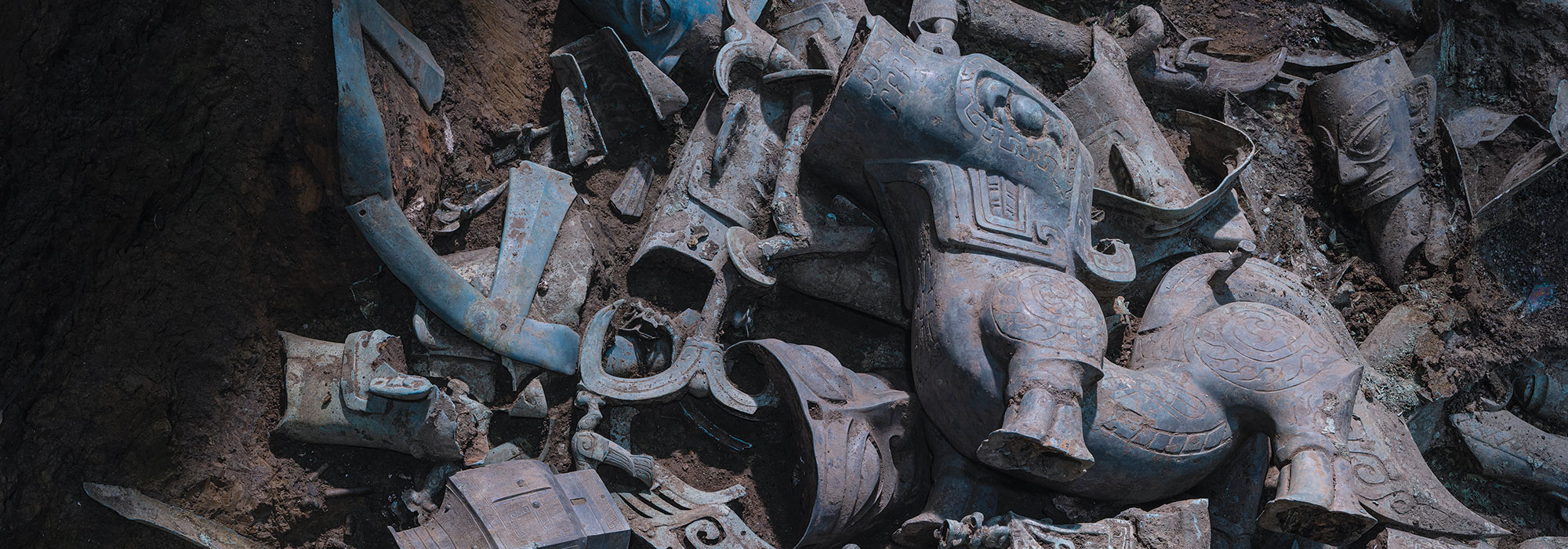LAWRENCE, KANSAS—ZME Science reports that anthropologist Justin Holcomb of the University of Kansas and his colleagues think that space exploration equipment and marks left on the Mars landscape by human activity should be preserved as artifacts. Human contact with the Red Planet dates back to 1971 and the crash landing of the Mars2 spacecraft, which had been launched by scientists from the Soviet Union. “Homo sapiens are currently undergoing a dispersal, which first started out of Africa, reached other continents, and has now begun in off-world environments,” Holcomb said. The probes, satellites, Viking landers, the Perseverance rover, and other materials are evidence of human movement, evolution, and history on Earth, he explained. “I’ve seen a lot of scientists referring to this material as space trash,” Holcomb said. “It’s critical to shift that narrative towards heritage because the solution to trash is removal, but the solution to heritage is preservation,” he concluded. To read about deep-water missions to recover relics of the space race, go to "Apollo Returns from the Abyss."
Should Human Objects on Mars Be Preserved?
News December 23, 2024
Recommended Articles
Off the Grid January/February 2026
Prophetstown, Indiana

Letter from France January/February 2026
Neolithic Cultural Revolution
How farmers came together to build Europe’s most grandiose funerary monuments some 7,000 years ago

Features January/February 2026
The Cost of Doing Business
Piecing together the Roman empire’s longest known inscription—a peculiarly precise inventory of prices

Features January/February 2026
The Birds of Amarna
An Egyptian princess seeks sanctuary in her private palace

-
Features November/December 2024
The Many Faces of the Kingdom of Shu
Thousands of fantastical bronzes are beginning to reveal the secrets of a legendary Chinese dynasty
 Courtesy Sichuan Provincial Institute of Cultural Relics and Archaeology
Courtesy Sichuan Provincial Institute of Cultural Relics and Archaeology -
Features November/December 2024
Europe’s Lost Bronze Age Civilization
Archaeologists have discovered more than 100 previously unknown megasites north of the Danube
 Courtesy Barry Molloy
Courtesy Barry Molloy -
Features November/December 2024
Chalice of Souls
A Maya jade heirloom embodies an enduring sacred tradition
 Jon G. Fuller, Jr./Alamy
Jon G. Fuller, Jr./Alamy -
Features November/December 2024
Exploring Ancient Persia’s Royal Fire Temple
At a remote lake in the mountains of Iran, archaeologists have identified the most revered Zoroastrian sanctuary
 Bridgeman Images
Bridgeman Images



